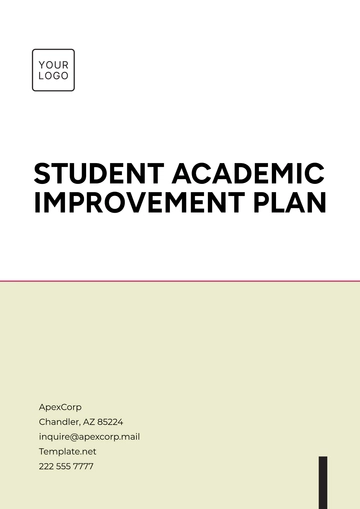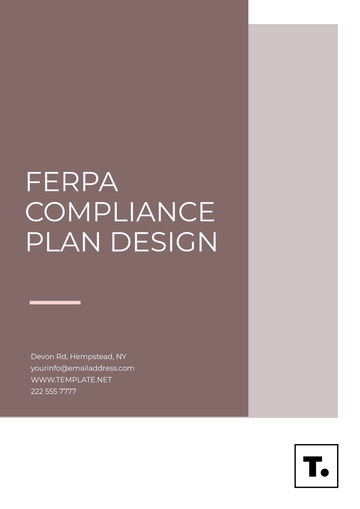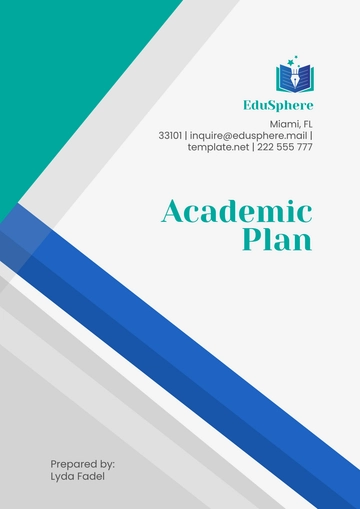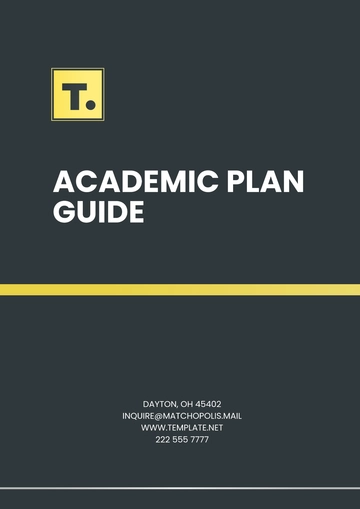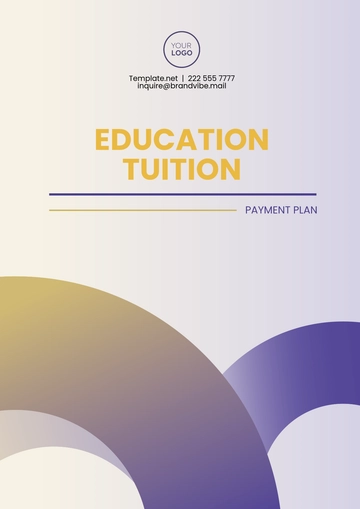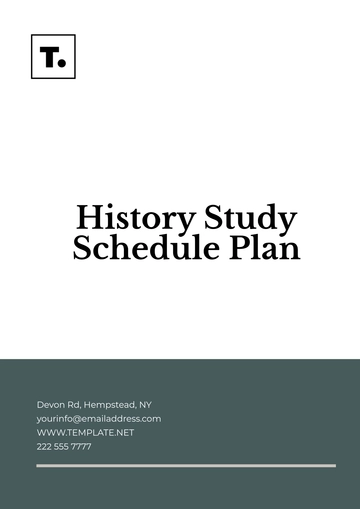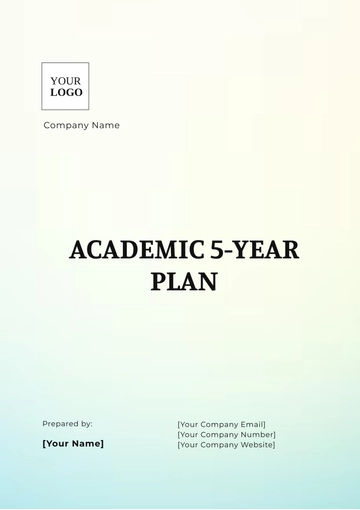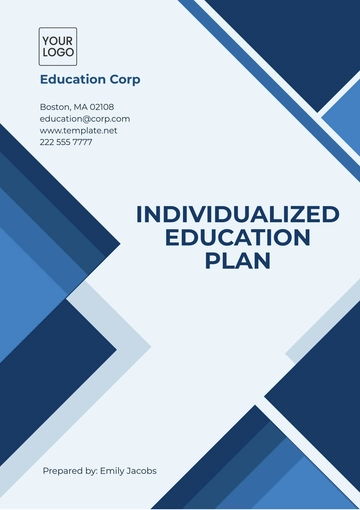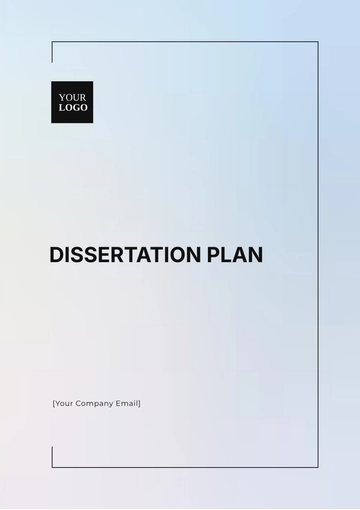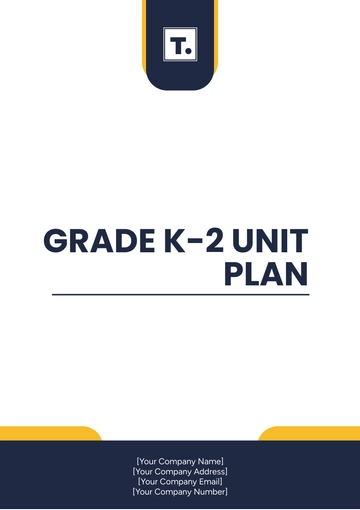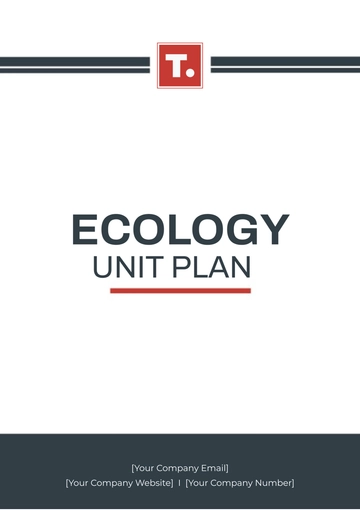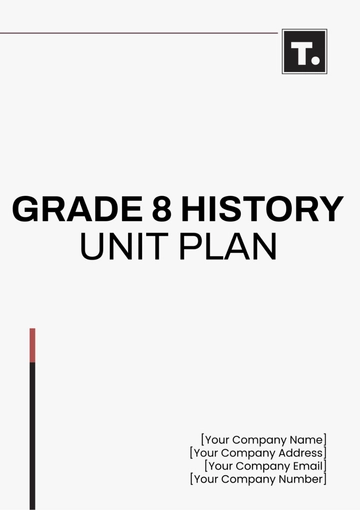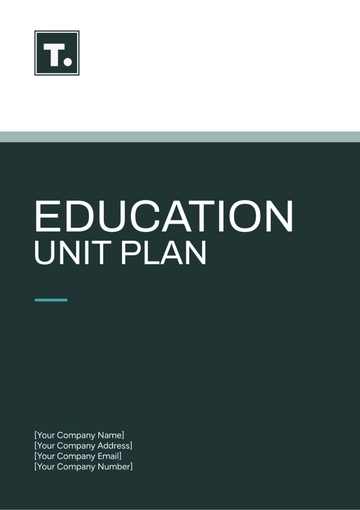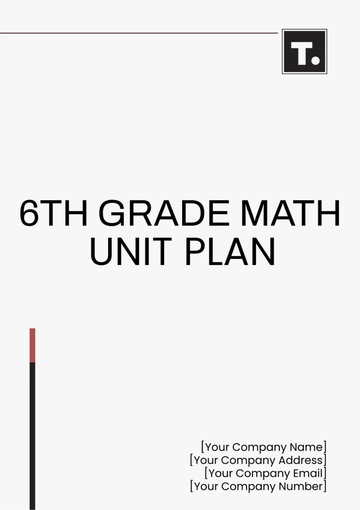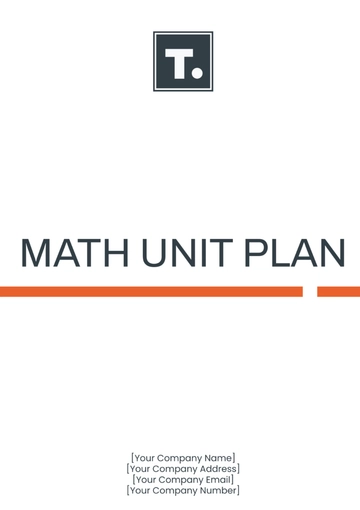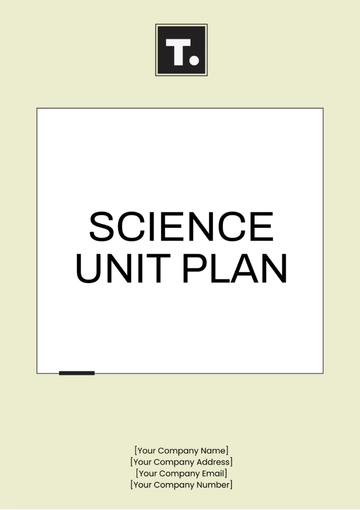Free Animal Farm Unit Plan
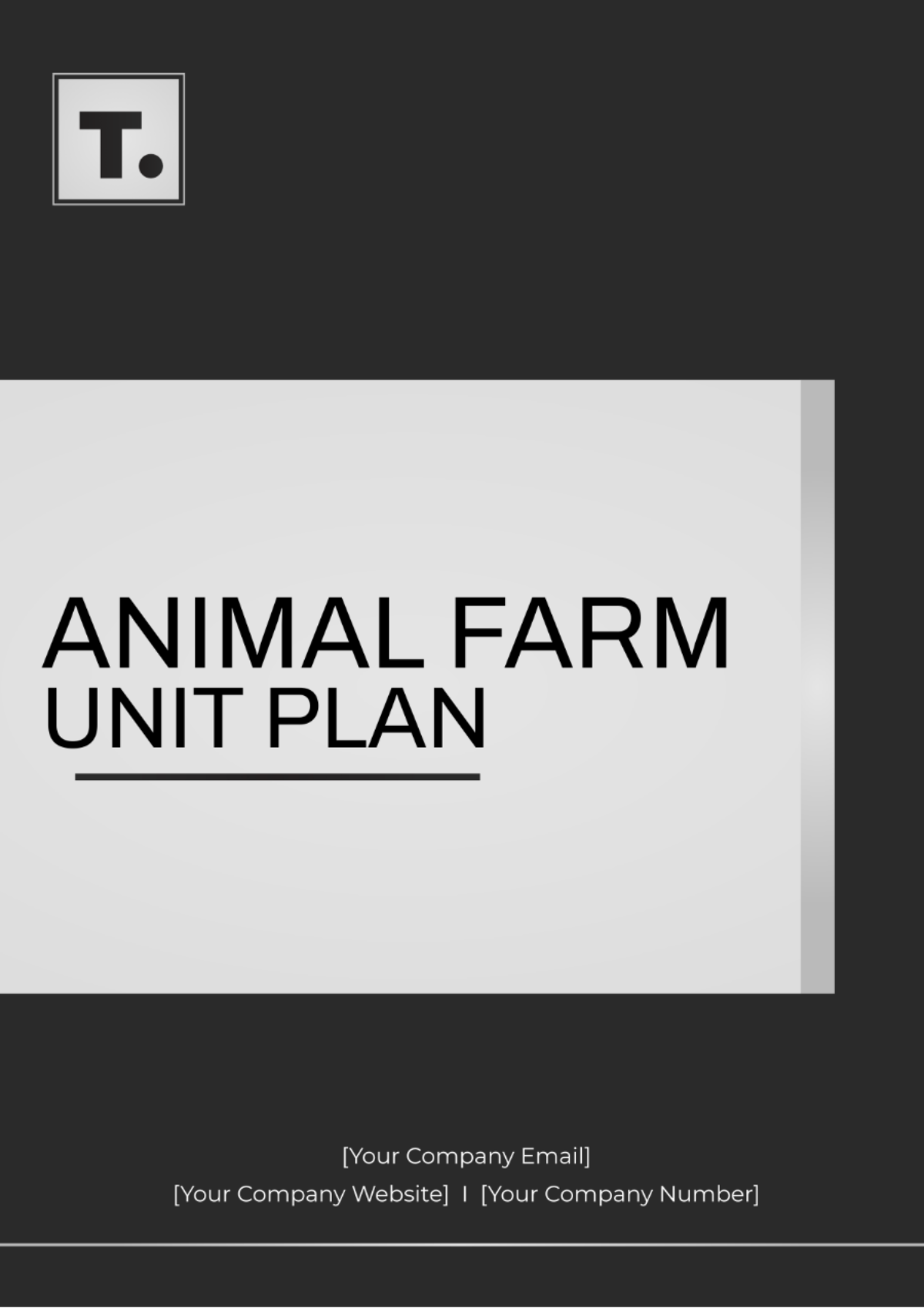
Prepared by: [Your Name]
I. Introduction and Overview
"Animal Farm" by George Orwell is a political allegory that explores themes of power, corruption, and the nature of leadership. This unit plan aims to provide educators with a comprehensive guide to effectively teach this novella, engaging students in critical thinking and analysis.
II. Unit Objectives and Goals
By the end of this unit, students will be able to:
Understand and analyze the themes, symbols, and characters in "Animal Farm."
Identify and discuss the historical context and allegorical elements of the novella.
Develop critical thinking skills through discussion and written analysis.
Demonstrate comprehension through various assessments and projects.
III. Lesson Plans
Week 1: Introduction to "Animal Farm" and Historical Context
Day 1: Introduction to George Orwell and the historical context of "Animal Farm" (Russian Revolution, totalitarian regimes).
Activity: Presentation on Orwell's life and times.
Homework: Read Chapters 1-2.
Day 2: Discuss Chapters 1-2, focusing on setting, characters, and initial plot.
Activity: Character chart creation.
Homework: Read Chapters 3-4.
Week 2: Themes and Symbols
Day 3: Explore major themes (power, corruption) and symbols (the farm, the windmill).
Activity: Group discussion and theme analysis.
Homework: Read Chapters 5-6.
Day 4: Allegory and its significance in "Animal Farm."
Activity: Identifying real-life parallels to the novella's events and characters.
Homework: Read Chapters 7-8.
Week 3: Literary Devices and Mid-Unit Assessment
Day 5: Examination of Orwell’s use of satire and irony.
Activity: Literary devices worksheet.
Homework: Read Chapters 9-10.
Day 6: Mid-unit review and assessment.
Activity: Quiz covering Chapters 1-8.
Homework: Study for the mid-unit test.
Week 4: Character Analysis and Final Assessment Preparation
Day 7: In-depth character analysis.
Activity: Character mapping and motivations.
Homework: Begin working on final project (essay or presentation).
Day 8: Class discussion on the novella's conclusion and overall impact.
Activity: Debate on the effectiveness of the allegory.
Homework: Complete final project.
Week 5: Final Projects and Assessments
Day 9: Presentation of final projects.
Activity: Student presentations.
Homework: Study for the final exam.
Day 10: Final exam covering the entire novella and its themes.
Activity: In-class exam.
IV. Assessments and Evaluations
Quizzes: Regular quizzes to check comprehension of each reading segment.
Mid-Unit Test: Assessment covering the first half of the novella.
Final Exam: Comprehensive test on the entire book.
Projects: Analytical essays or creative presentations on themes, characters, or historical context.
Participation: Evaluation of class discussions and group activities.
V. Supplementary Materials
Historical Context Articles: Additional readings on the Russian Revolution and totalitarian regimes.
Multimedia Resources: Documentaries and films related to "Animal Farm" and Orwell’s other works.
Worksheets: Character charts, theme analysis sheets, and literary device activities.
Reading Guides: Chapter summaries and analysis questions.
VI. Differentiation Strategies
Advanced Learners: Provide opportunities for deeper analysis through additional readings and more complex project options.
Struggling Students: Offer modified assignments, such as simplified reading guides and additional support during group activities.
English Language Learners: Use visual aids, vocabulary lists, and bilingual resources to support comprehension.
VII. Standards Alignment
This unit aligns with Common Core State Standards (CCSS) for English Language Arts, including:
CCSS.ELA-LITERACY.RL.9-10.1: Cite strong and thorough textual evidence to support analysis.
CCSS.ELA-LITERACY.RL.9-10.2: Determine a theme or central idea of a text and analyze its development.
CCSS.ELA-LITERACY.RL.9-10.3: Analyze how complex characters develop over the course of a text.
CCSS.ELA-LITERACY.W.9-10.1: Write arguments to support claims in an analysis of substantive topics or texts.
- 100% Customizable, free editor
- Access 1 Million+ Templates, photo’s & graphics
- Download or share as a template
- Click and replace photos, graphics, text, backgrounds
- Resize, crop, AI write & more
- Access advanced editor
Enhance your literature curriculum with Template.net's Animal Farm Unit Plan Template. This editable and customizable tool helps you outline objectives, lessons, and assessments for teaching "Animal Farm." Create comprehensive and engaging unit plans. Editable in our AI Editor Tool, this template ensures effective and professional literature teaching, supporting student understanding and engagement.
You may also like
- Finance Plan
- Construction Plan
- Sales Plan
- Development Plan
- Career Plan
- Budget Plan
- HR Plan
- Education Plan
- Transition Plan
- Work Plan
- Training Plan
- Communication Plan
- Operation Plan
- Health And Safety Plan
- Strategy Plan
- Professional Development Plan
- Advertising Plan
- Risk Management Plan
- Restaurant Plan
- School Plan
- Nursing Home Patient Care Plan
- Nursing Care Plan
- Plan Event
- Startup Plan
- Social Media Plan
- Staffing Plan
- Annual Plan
- Content Plan
- Payment Plan
- Implementation Plan
- Hotel Plan
- Workout Plan
- Accounting Plan
- Campaign Plan
- Essay Plan
- 30 60 90 Day Plan
- Research Plan
- Recruitment Plan
- 90 Day Plan
- Quarterly Plan
- Emergency Plan
- 5 Year Plan
- Gym Plan
- Personal Plan
- IT and Software Plan
- Treatment Plan
- Real Estate Plan
- Law Firm Plan
- Healthcare Plan
- Improvement Plan
- Media Plan
- 5 Year Business Plan
- Learning Plan
- Marketing Campaign Plan
- Travel Agency Plan
- Cleaning Services Plan
- Interior Design Plan
- Performance Plan
- PR Plan
- Birth Plan
- Life Plan
- SEO Plan
- Disaster Recovery Plan
- Continuity Plan
- Launch Plan
- Legal Plan
- Behavior Plan
- Performance Improvement Plan
- Salon Plan
- Security Plan
- Security Management Plan
- Employee Development Plan
- Quality Plan
- Service Improvement Plan
- Growth Plan
- Incident Response Plan
- Basketball Plan
- Emergency Action Plan
- Product Launch Plan
- Spa Plan
- Employee Training Plan
- Data Analysis Plan
- Employee Action Plan
- Territory Plan
- Audit Plan
- Classroom Plan
- Activity Plan
- Parenting Plan
- Care Plan
- Project Execution Plan
- Exercise Plan
- Internship Plan
- Software Development Plan
- Continuous Improvement Plan
- Leave Plan
- 90 Day Sales Plan
- Advertising Agency Plan
- Employee Transition Plan
- Smart Action Plan
- Workplace Safety Plan
- Behavior Change Plan
- Contingency Plan
- Continuity of Operations Plan
- Health Plan
- Quality Control Plan
- Self Plan
- Sports Development Plan
- Change Management Plan
- Ecommerce Plan
- Personal Financial Plan
- Process Improvement Plan
- 30-60-90 Day Sales Plan
- Crisis Management Plan
- Engagement Plan
- Execution Plan
- Pandemic Plan
- Quality Assurance Plan
- Service Continuity Plan
- Agile Project Plan
- Fundraising Plan
- Job Transition Plan
- Asset Maintenance Plan
- Maintenance Plan
- Software Test Plan
- Staff Training and Development Plan
- 3 Year Plan
- Brand Activation Plan
- Release Plan
- Resource Plan
- Risk Mitigation Plan
- Teacher Plan
- 30 60 90 Day Plan for New Manager
- Food Safety Plan
- Food Truck Plan
- Hiring Plan
- Quality Management Plan
- Wellness Plan
- Behavior Intervention Plan
- Bonus Plan
- Investment Plan
- Maternity Leave Plan
- Pandemic Response Plan
- Succession Planning
- Coaching Plan
- Configuration Management Plan
- Remote Work Plan
- Self Care Plan
- Teaching Plan
- 100-Day Plan
- HACCP Plan
- Student Plan
- Sustainability Plan
- 30 60 90 Day Plan for Interview
- Access Plan
- Site Specific Safety Plan
